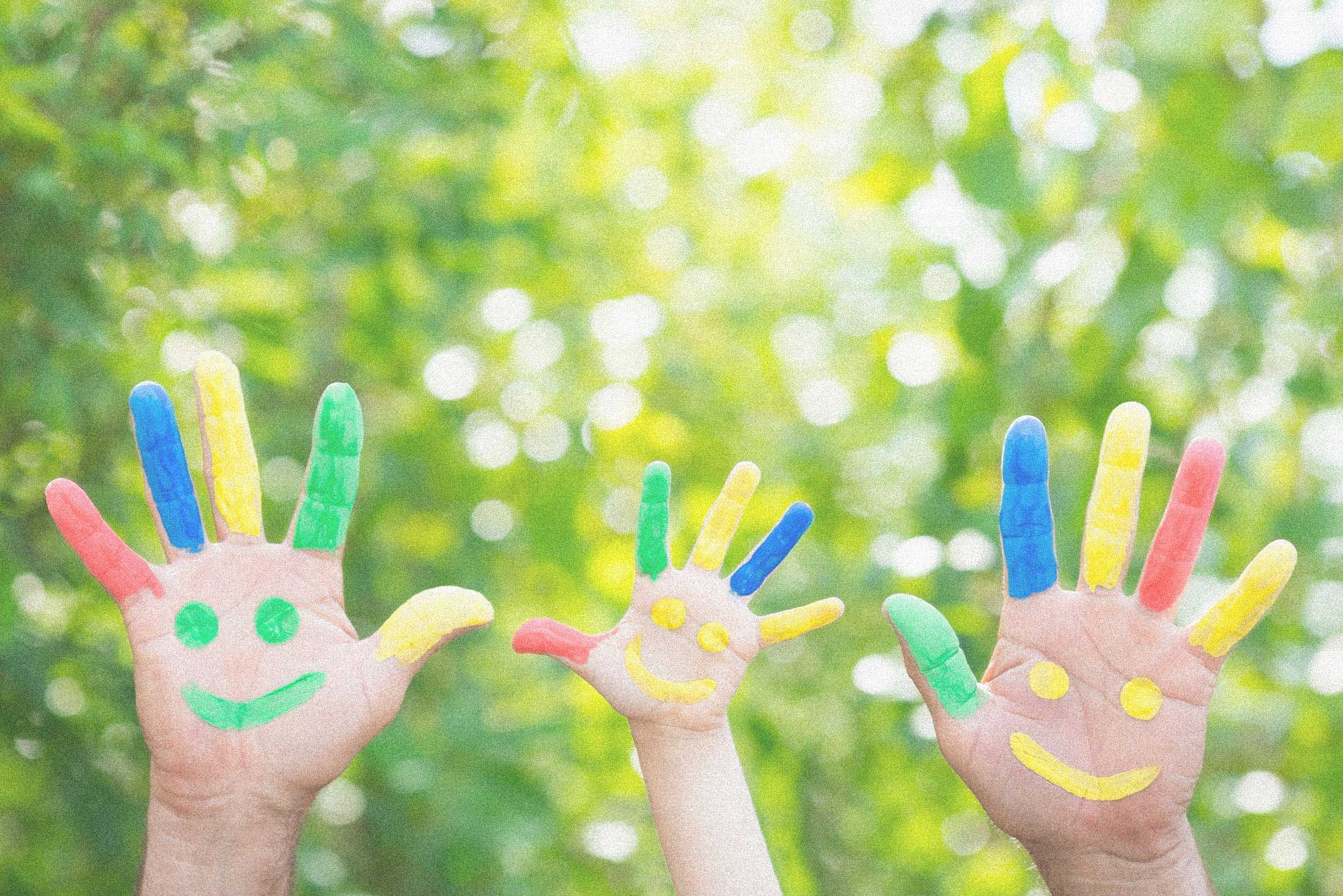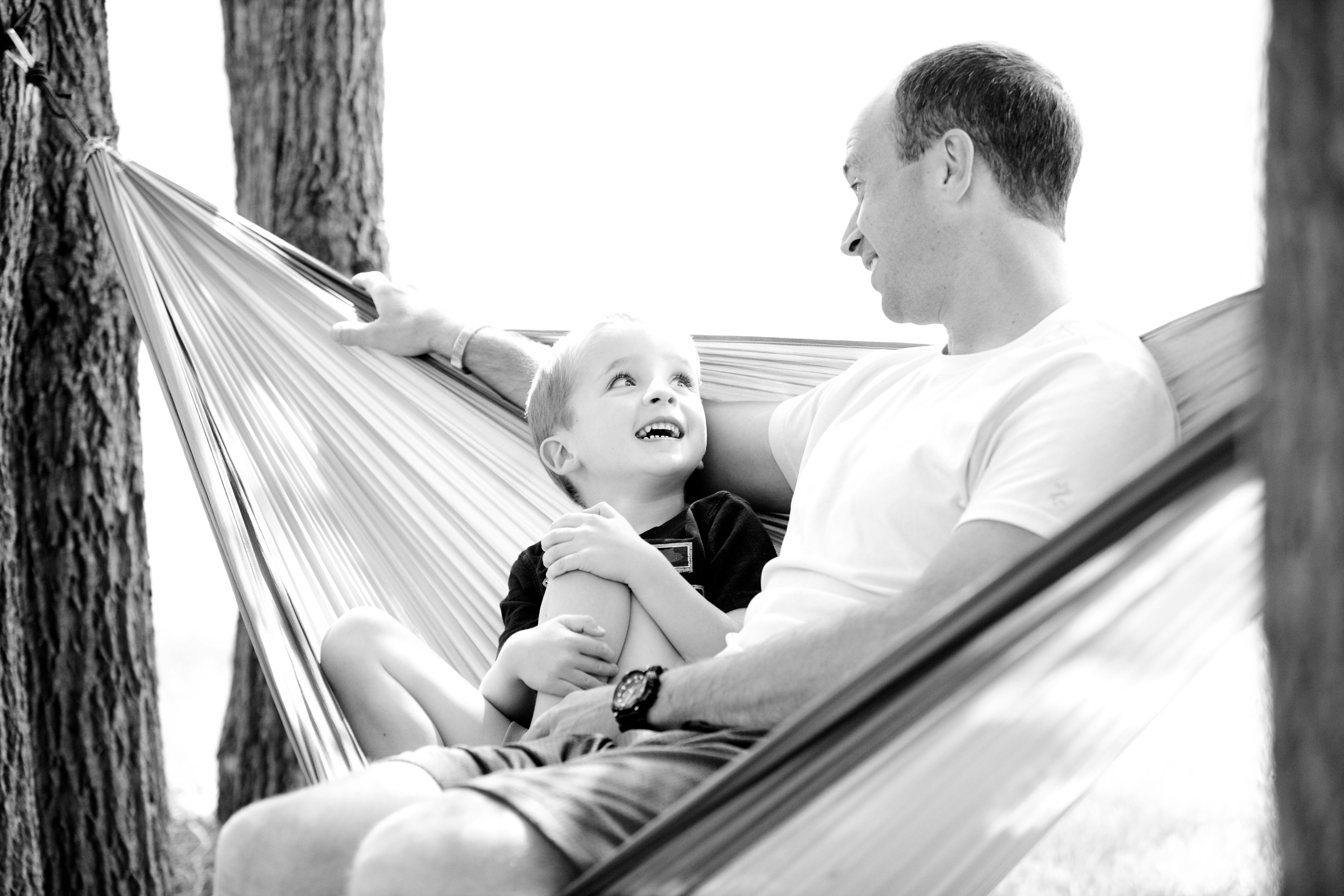This past Sunday, millions of families celebrated Father's Day, a day set aside to honor those who have stood in the role of "Dad." In our work at CK Family Services, we witness fatherhood in many forms: biological, adoptive, foster, kinship, and even spiritual. But sometimes, fatherhood is not declared, it's discovered. Sometimes, it's not a title we claim, but one we're given.
This June, I found myself reflecting on a name my own children have been calling me for years: Dahyah. It began as a mispronunciation, an innocent toddler's take on "Daddy." But over time, it stuck. It became mine. And I began to wonder, what does it mean when your children give you a name?
I looked to the word Daya, which in several languages, including Hindi and Filipino, means compassion, mercy, and grace. Though "Dahyah" isn't a known word in any particular language, I began to understand it as a new word in our family's language. A word that means the one through whom compassion lives. A word for the one who shows up, stays steady, forgives freely, and loves without keeping score.
When I think about this meaning, the one through whom compassion lives, I realize it perfectly describes the heart of our mission at CK Family Services.
Isn't that what we do here, across every program and role at CK Family Services?
In foster parenting, a child may not speak your name right away, but they may call out in a way that only a heart full of mercy can hear. In behavioral health, we meet children and families in deep distress and bring the kind of hope that doesn't shame the brokenness but gently walks with it. In our admin teams, in our recruiting, in our communication and care, we work not just in systems but in sacred spaces where healing becomes possible.
I think of our behavioral health therapists who sit with a child having a meltdown, not trying to fix them in that moment, but simply being present until the storm passes. I think of caseworkers who drive across town at 9 PM because a placement is falling apart, showing up not because it's required, but because someone needs to be the steady presence. I think of foster parents who wake up night after night to comfort a child's nightmares, becoming the safe harbor in someone else's storm. Each of these moments is Dahyah in action, mercy made manifest through presence.
In Psalm 68:5, we read that God is "a father to the fatherless and a defender of widows." But how does God father the fatherless? Often, it's through hands like ours. When our caseworkers advocate fiercely for a child's best interests, they're embodying God's protective fatherhood. When our behavioral health staff create safe spaces for healing, they're offering the kind of patient, nurturing presence that reflects the Father's heart. When foster parents open their homes and hearts, they're literally becoming the answer to a child's prayer for safety and belonging. We are not just doing social work, we are participating in God's own fathering of the fatherless.
That's what Dahyah has come to mean to me: not just Father, but the sheltering presence of love expressed through mercy. A name born not from position, but from relationship.
Father's Day reminds us that titles don't make parents, presence does. And perhaps, the greatest gift we receive as parents, caregivers, and team members at CKFS is not the name we carry on our ID badge, but the one whispered in the quiet trust of a child who believes we'll be there tomorrow.
And perhaps this is the deeper calling of Dahyah, to be the sheltering presence of love expressed through mercy not only to the fatherless, but to all who have need. To the overwhelmed parent struggling to keep their family together. To the teenager aging out of care who feels forgotten by the world. To our colleagues who pour themselves out daily and need to know their work matters. Dahyah calls us to see beyond job descriptions and case numbers to the sacred opportunity we have each day: to be the hands and heart of the Father who never abandons His children.
So to every "Dad," by any name, and to every team member who serves like one, thank you. Whether you're called Daddy, Pops, Papa, Baba, or even Dahyah, you're doing sacred work. And your love is leaving a legacy.
Inspired by a conversation between a father and his children, and the work we do each day at CK Family Services.


